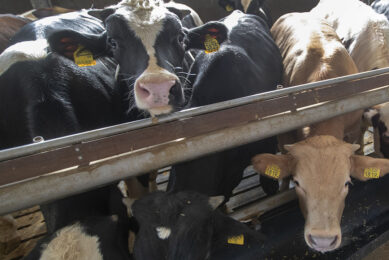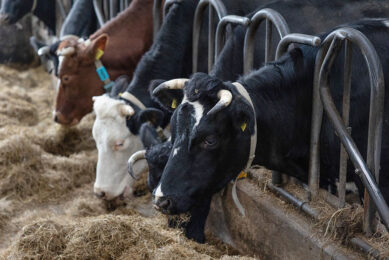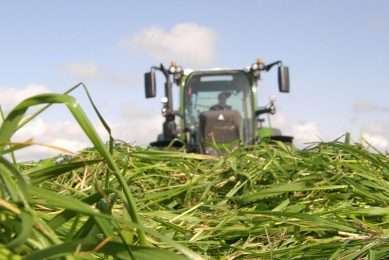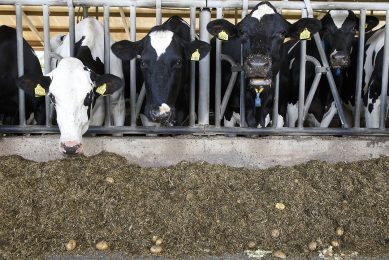Sweetening anionic salts for dairy cows
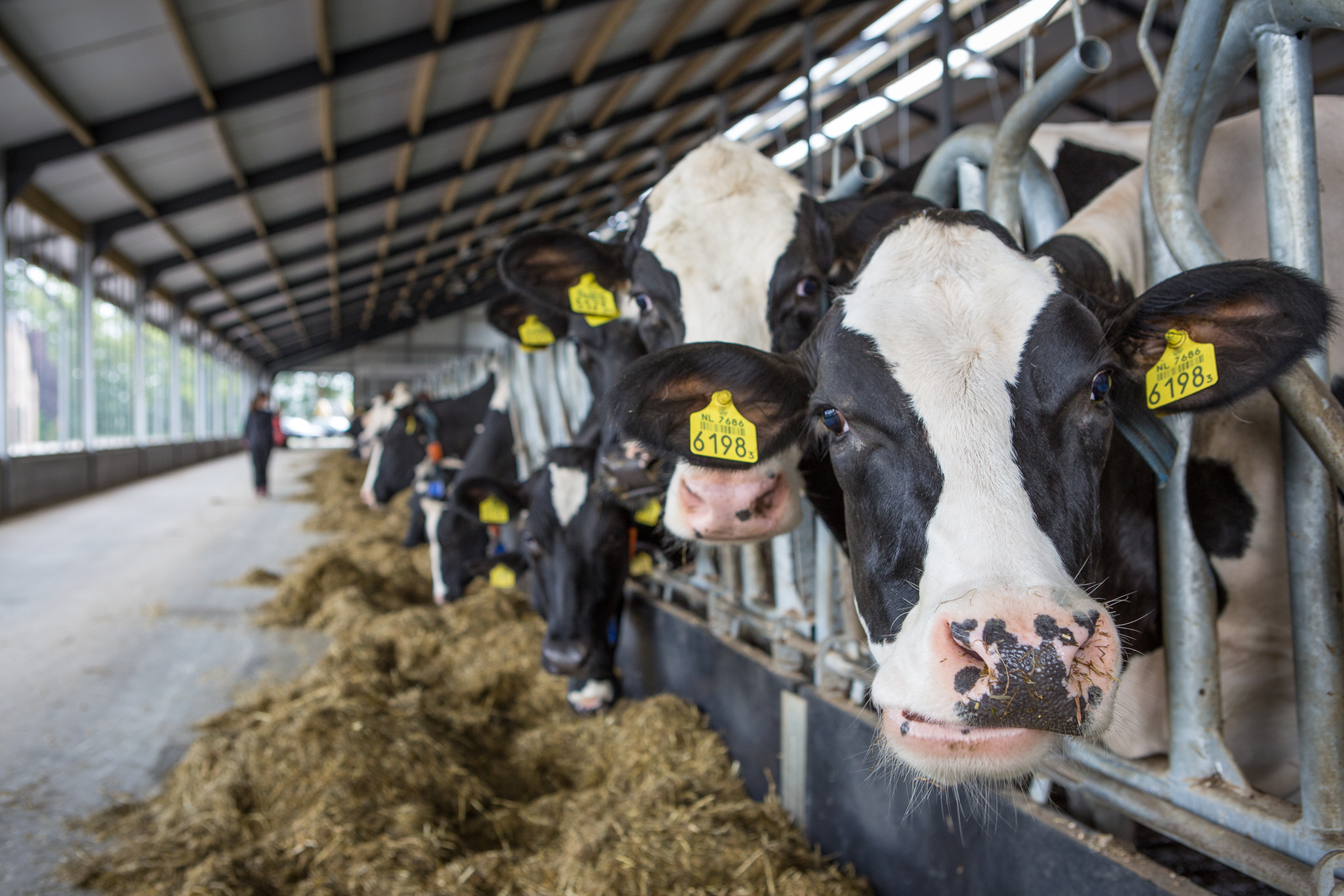
The negative aspact of using anionic salts for the prevention of hypocalcemia, commonly known as ‘milk fever’, is their poor palatability, which can decrease feed intake or even cause feed rejections. Norel SA in Spain has designed a specific flavour for these cases: Apetenzyma 20 Especial. It gives the unpleasant tasting anionic salts a sweet taste.
The metabolic disease hypocalcaemia happens when the homeostatic mechanisms responsible for maintaining Ca plasma levels fail to replace them. The sudden demand of Ca to produce colostrum makes the Ca leave extracellular fluids to enter the mammary gland. This occurs faster than it can be replaced by intestinal absorption or bone reserve mobilisation, resulting in hypocalcaemia (low levels of blood calcium; <8 mg dl) (fedna. use of anionic salts in dry-cow diets; c. de blas>et al).
No use limitations
This disease typically affects high production dairy cows between 24 hours before delivery to 72 hours post-partum (Espino et al. 2004). A negative aspect of using Anionic Salts is their poor palatability, which can decrease feed intake or even cause feed rejections. Norel SA has designed a specific flavour for these cases: Apetenzema 20 Especial. Its composition is based on essential oils and without saccharin or neohesperidine, therefore, it has no use limitations, according to Norel.
Norel states that the product is an efficient tool for those feeds with low palatability or appetence problems; it will provide them with a sweet taste very appreciated by cattle, ideal for masking unpleasant tastes like anionic salts.




